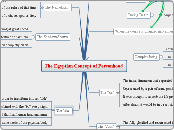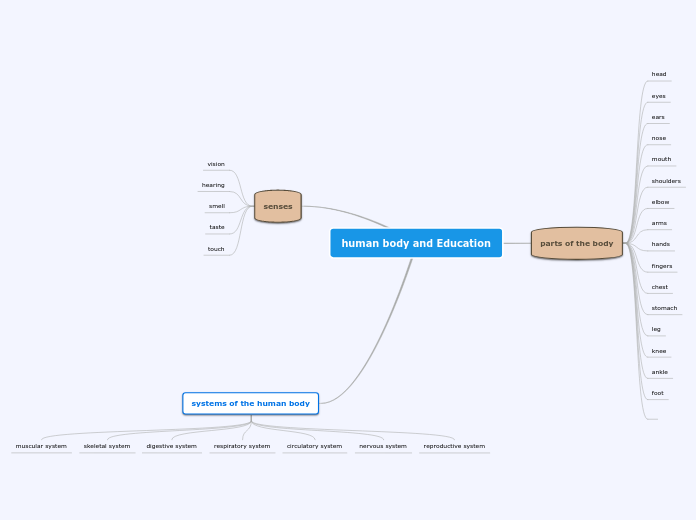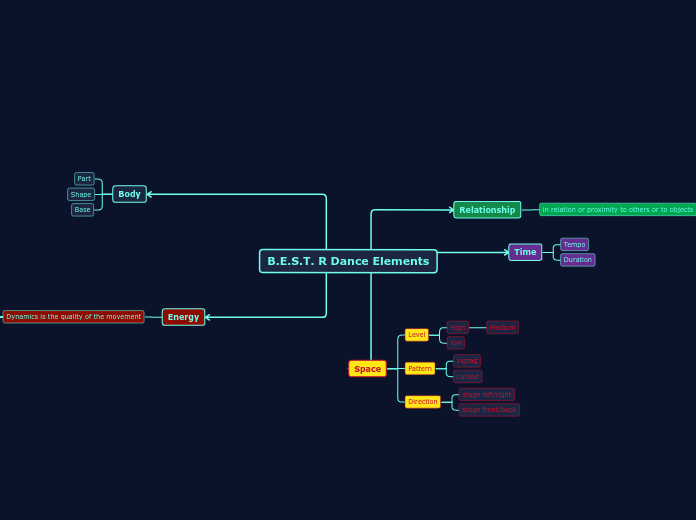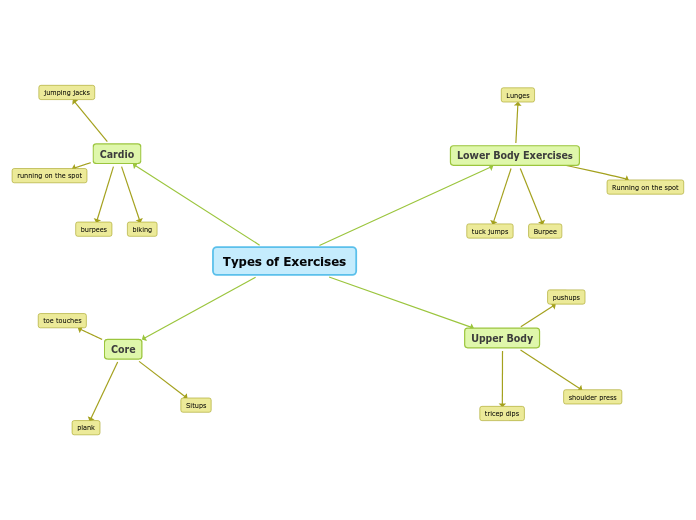av Mohammed Abdelmoneim 17 år siden
495
The Egyptian Concept of Personhood
Ancient Egyptians held a complex view of personhood, intricately linking physical and spiritual aspects of existence. Central to this belief was the "Ren," or name, which was considered a vital part of an individual'









